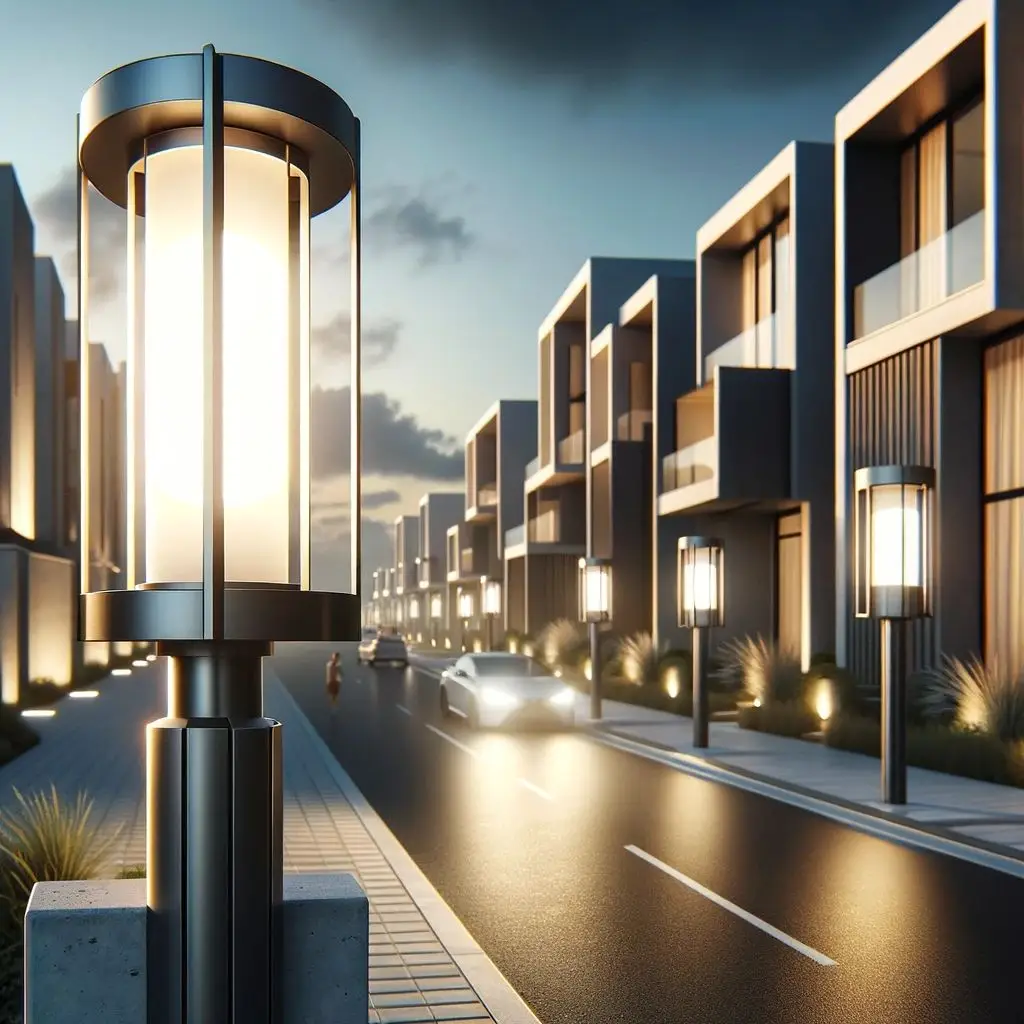If you’ve ever bought a home in a planned community, a condominium, or a townhouse, you’ve likely encountered something called a homeowner association (HOA). But what is a homeowner association exactly? Whether you’re a first-time buyer or simply curious about how these organizations work, understanding the ins and outs of HOAs is crucial. These associations can significantly impact your property rights, monthly budget, and overall living experience.
In this guide, we’ll dive deep into what homeowner associations are, how they function, and what you can expect as a member of one. From the rules they enforce to the dues you’ll need to pay, we’ll cover it all.
What is a Homeowner Association?
A homeowner association (HOA) is a private organization responsible for managing a residential community. HOAs are typically established by the property developer and later managed by a board of directors composed of residents elected by the homeowners. The primary purpose of an HOA is to maintain property values by enforcing community rules, regulations, and standards.
HOAs are common in various types of communities, including single-family homes, condominiums, townhouses, and even some cooperative apartment buildings. While the specifics can vary, most HOAs share common features, such as governing documents, rules and regulations, and the collection of HOA dues.
The Structure of a Homeowner Association
HOAs usually have a hierarchical structure, which includes:
– Board of Directors: Elected by the homeowners, the board is responsible for making decisions on behalf of the association.
– HOA Committees: These are often formed to handle specific tasks such as landscaping, architectural review, or social activities.
– Property Manager: Some HOAs hire a professional property management company to handle day-to-day operations, including maintenance, accounting, and enforcement of rules.
The Governing Documents
The foundation of any homeowner association lies in its governing documents, which include:
- Declaration of Covenants, Conditions, and Restrictions (CC&Rs): This document outlines the rules and regulations of the community. It’s legally binding and often dictates everything from architectural guidelines to noise levels.
- Bylaws: These describe how the HOA operates, including the election of board members, meeting procedures, and voting rights.
- Rules and Regulations: These are additional guidelines set by the HOA board, often covering day-to-day matters like trash collection, parking, and use of common areas.
How Do Homeowner Associations Work?
Homeowner associations operate by creating and enforcing rules that homeowners in the community must follow. These rules are designed to maintain the appearance and value of the properties within the community. Here’s how it typically works:
Rules and Enforcement
HOAs establish rules to maintain a certain standard of living within the community. These rules might cover:
– Property maintenance: Ensuring lawns are mowed, and homes are painted a certain color.
– Architectural guidelines: Regulating the types of modifications homeowners can make to their properties.
– Use of common areas: Setting rules for community pools, gyms, or parks.
– Noise restrictions: Limiting loud noises during certain hours.
If a homeowner violates these rules, the HOA can impose fines or other penalties. In extreme cases, the HOA may even take legal action to enforce its regulations.
 |
HOA Dues: What Are They and What Do They Cover?
One of the most significant aspects of living in an HOA-managed community is the payment of HOA dues. These are monthly or annual fees paid by homeowners to the association. The amount can vary widely depending on the location, size of the community, and the amenities offered.
HOA dues typically cover:
– Maintenance of common areas: Landscaping, snow removal, and repairs to shared facilities.
– Insurance: Coverage for common areas and sometimes for the exterior of the buildings.
– Utilities: Water, electricity, and gas for shared spaces like clubhouses or swimming pools.
– Reserve funds: Money set aside for major repairs or unexpected expenses.
While HOA dues can be seen as an additional expense, they often provide value by maintaining the community’s aesthetic appeal and overall property values.
The Pros and Cons of Living in a Homeowners Association Community
Like anything, living in an HOA-managed community has its advantages and disadvantages. Understanding these can help you decide whether an HOA is right for you.
Pros
– Well-maintained community: The HOA ensures that all properties and common areas are kept in good condition.
– Consistent property values: By enforcing community standards, HOAs help protect property values.
– Amenities: Many HOA communities offer shared amenities like pools, gyms, and clubhouses.
– Conflict resolution: The HOA board can mediate disputes between neighbors, providing a structured way to resolve conflicts.
Cons
– Restrictions: HOAs can impose strict rules on what you can do with your property, from the color you paint your house to the types of plants you can grow.
– HOA dues: These fees can add up, especially in communities with extensive amenities.
– Potential for conflict: Disagreements with the HOA board or neighbors over rules can sometimes lead to tension.
– Limited autonomy: You may have less freedom to make changes to your property without getting approval from the HOA.
Frequently Asked Questions about Homeowner Associations
What happens if I don’t pay my HOA dues?
If you fail to pay your HOA dues, the association can take several actions. Initially, you might receive late fees or interest charges. Continued non-payment could lead to more severe consequences, such as a lien on your property or even foreclosure in extreme cases.
Can an HOA force you to sell your home?
While it’s rare, an HOA can foreclose on your property if you don’t pay your dues or fines. However, this typically only happens after multiple warnings and attempts to collect the owed amounts.
Are HOA rules legally enforceable?
Yes, HOA rules are legally binding, as they are outlined in the governing documents you agree to when purchasing a property in an HOA community. Violating these rules can lead to fines or legal action.
How can I get involved in my HOA?
If you want to have a say in how your community is managed, consider running for a position on the HOA board or joining a committee. Attending meetings and staying informed about community issues is also a great way to get involved.
Can I challenge an HOA rule?
If you believe a rule is unreasonable or unfair, you can challenge it. Start by discussing your concerns with the HOA board. If that doesn’t resolve the issue, you may need to seek mediation or legal advice.
Conclusion
Living in a homeowners association community comes with its unique set of rules, responsibilities, and benefits. While HOAs play a vital role in maintaining property values and ensuring a cohesive community, they can also impose restrictions that may not appeal to everyone. By understanding what a homeowner association is and how it operates, you can make an informed decision about whether living in an HOA-managed community is right for you.
Whether you’re already part of an HOA or considering moving into a community that has one, being informed is the key to a smooth and enjoyable living experience. Make sure to read the governing documents thoroughly, participate in meetings, and stay on top of your responsibilities as a homeowner to make the most of your HOA community.

